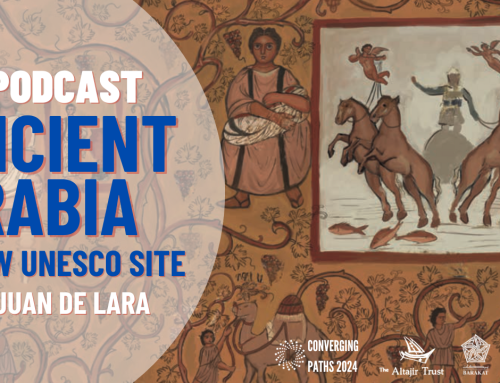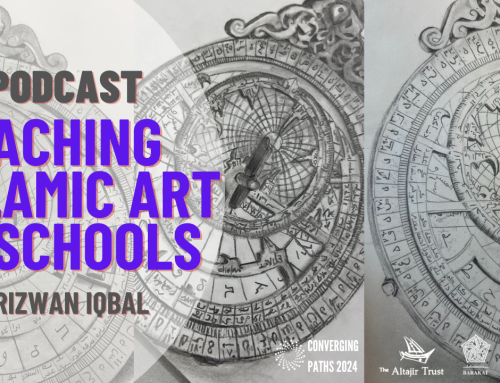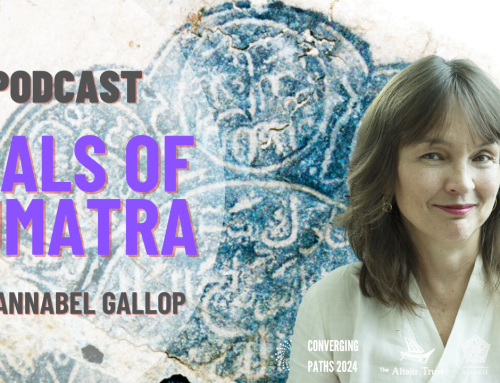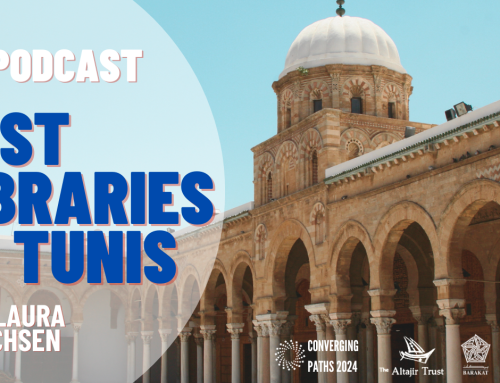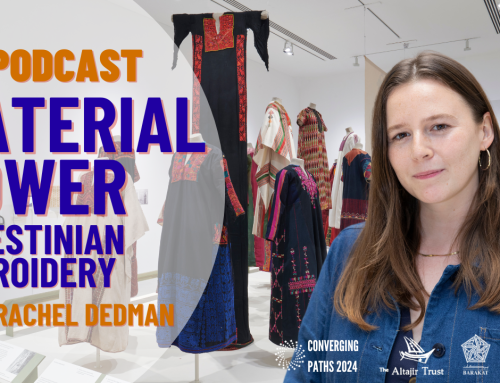Alain George shares research from his most recent book on the Great Mosque of Damascus, an incredible building in Syria that is a living testament to community relations between Pagans, Christians and Muslims during the formative years of Islam.
Alain Fouad George is I.M. Pei Professor of Islamic Art and Architecture at the University of Oxford. Born in Beirut, educated in France and England, he taught previously at the University of Edinburgh. His research focuses on early Islam, especially Umayyad and Abbasid art, and Arabic calligraphy. He is the author of The Rise of Islamic Calligraphy (2010), Midad: The Private and Intimate Lives of Arabic Calligraphy (2017), and Power, Patronage and Memory in Early Islam: Perspectives on Umayyad Elites (2018, co-edited with Andrew Marsham). In 2010, he was awarded a Philip Leverhulme Prize. He is incoming chair of The Barakat Trust’s Academic Advisory Committee.
His new beautifully illustrated book, The Umayyad Mosque of Damascus anchors the foundation of the Umayyad Mosque in its pre-Islamic past and brings to life the commotion that followed the destruction of the church. Alain George explores the process whereby craftsmen and materials were gathered to build the new mosque, seeks to reconstruct its Umayyad appearance, and investigates the subtle aesthetics that underpinned its stupendous ornament. This book is based upon extensive research on new textual and visual sources, including Umayyad court poems and rare nineteenth-century photographs.
This podcast is Part of Converging Paths 2021 in Partnership with Asia House, supported by the Altajir Trust and the Aga Khan Trust for Culture’s Education Programme.


